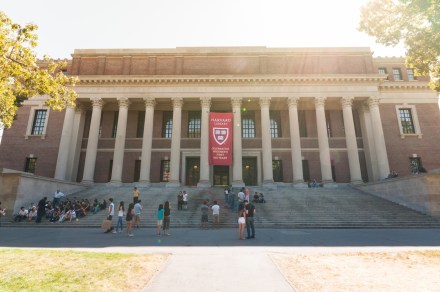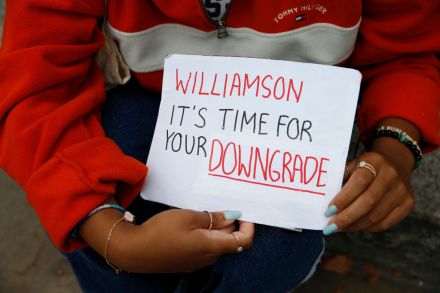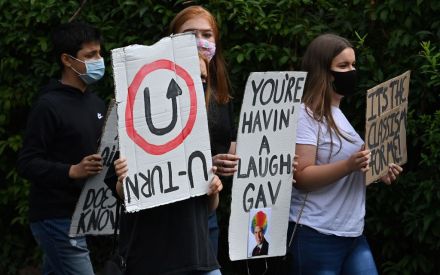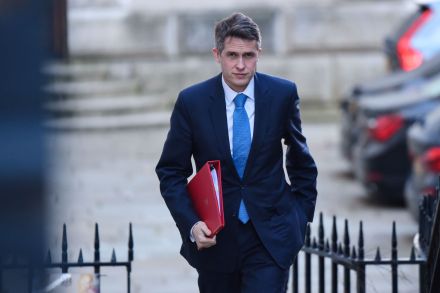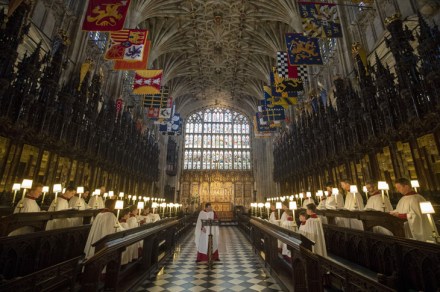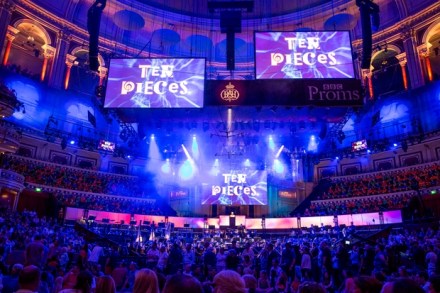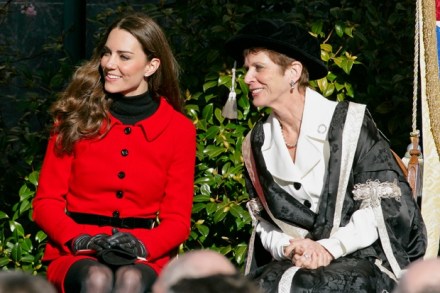How the ‘diploma divide’ helps explain the US election result
If the US election was a television drama, the drum-roll end credits of the penultimate episode played this week and we are now waiting for the denouement. Only, there was never supposed to be a cliffhanger. An exhausted nation should have chosen boredom. Biden was meant to have been the clear victor and the political clock reset to a pre-2016 normality. But, in a plot twist that is by now so familiar we have no excuse for not anticipating it, opinion polls and commentators alike called it wrong. It’s not just in the US. All around the world, elections have become more difficult to predict. Traditional party loyalties have been
